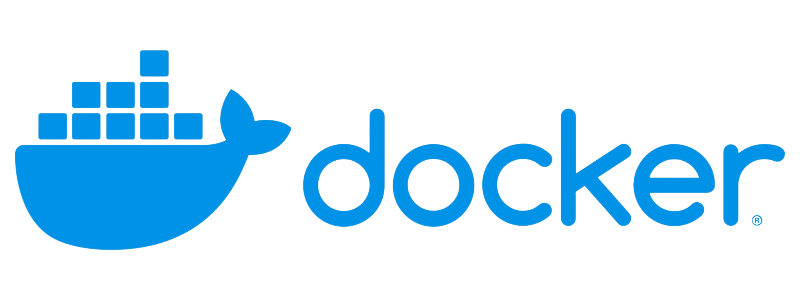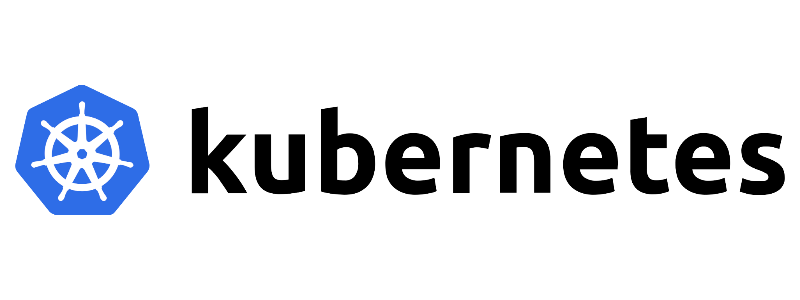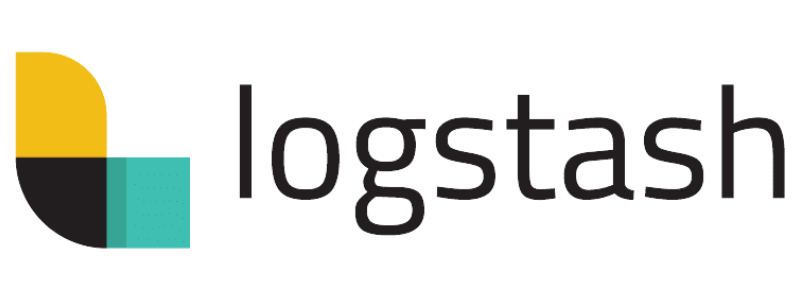Introduction
AWS DevOps
Unlock the potential of AWS and DevOps with this comprehensive training program designed for IT professionals. This course offers deep insights into integrating DevOps methodologies with AWS services, enhancing your ability to deploy, monitor, and manage scalable applications in the cloud. Through hands-on labs and expert guidance, you will learn best practices in continuous integration and continuous delivery, automation processes, and much more, setting the stage for career advancement in the booming field of cloud technologies.
Show your interest
Successful Graduates
Batches Completed
Expert Instructors
Industry Partnerships
Key Impact
Transforming Careers
Enhanced Efficiency
Learn how to streamline project workflows using AWS CloudFormation and AWS CodePipeline, improving deployment frequency and reducing the lead time for changes.
Automation Skills
Gain hands-on experience in automating deployments using AWS CodeDeploy and AWS Lambda, which facilitates continuous integration and continuous delivery.
Security Best Practices
Understand how to implement AWS security measures effectively, ensuring safe and reliable operations in the cloud environment.
Scalability Techniques
Master the techniques to manage and scale your infrastructure dynamically with AWS Elastic Beanstalk and Amazon EC2, adapting to changing loads effortlessly.
Our Alumni Work At

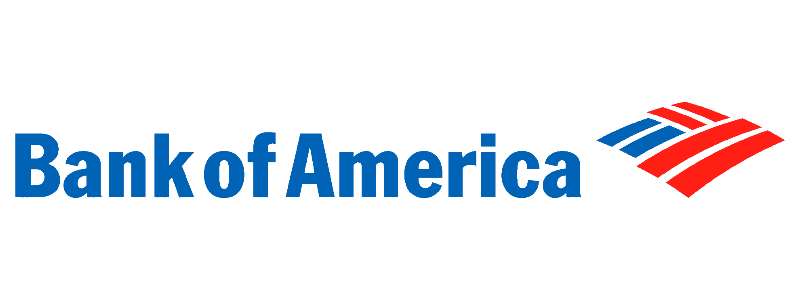

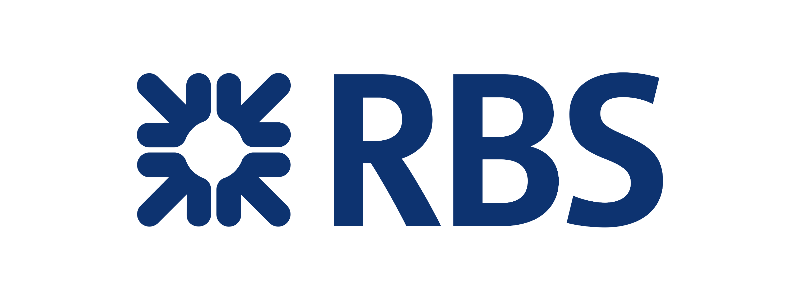



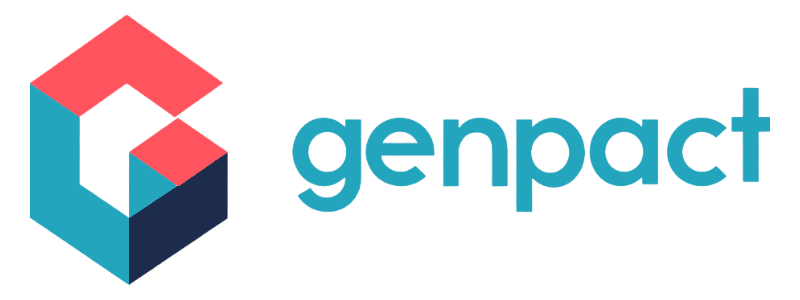
Students Testimonial

~ Saad Shaikh

~ Purva Mishra

~ Sagaj porwal

~ Shriharsh Gaikwad

~ Ganaram Chaudhary
Our Success Story

~ Saad Shaikh

~ Purva Mishra

~ Sajag porwal

~ Ganaram Chaudhary

~ Shriharsh Gaikwad
Course Breakdown
- Lesson 1: Overview of DevOps
- Lesson 2: Introduction to AWS DevOps
- Lesson 3: AWS DevOps Tools and Services
- Lesson 4: Setting Up Your Environment
- Lesson 5: AWS DevOps Key Features
- Lesson 6: AWS Organizations and Projects
- Lesson 7: AWS DevOps User Interface
- Lesson 8: Creating and Managing Projects
- Lesson 9: Navigating the AWS Management Console
- Lesson 10: AWS Marketplace
- Lesson 1: Introduction to Git
- Lesson 2: Working with AWS CodeCommit
- Lesson 3: Advanced Git Features
- Lesson 4: Managing Branches in CodeCommit
- Lesson 5: Pull Requests and Code Reviews
- Lesson 6: Git Workflows and Best Practices
- Lesson 7: Resolving Merge Conflicts
- Lesson 8: Integrating CodeCommit with IDEs
- Lesson 9: Git Hooks and Automation
- Lesson 10: Using Git Submodules
- Lesson 1: Introduction to Continuous Integration
- Lesson 2: Creating CI Pipelines with CodeBuild
- Lesson 3: Integrating with External Services
- Lesson 4: Pipeline Triggers and Schedules
- Lesson 5: Running and Monitoring Builds
- Lesson 6: Pipeline Variables and Parameters
- Lesson 7: Using Templates in Pipelines
- Lesson 8: Securing Your Pipelines
- Lesson 9: Pipeline Caching and Optimization
- Lesson 10: Debugging and Troubleshooting Pipelines
- Lesson 1: Introduction to Continuous Delivery and Deployment
- Lesson 2: Setting up Release Pipelines with CodeDeploy
- Lesson 3: Deploying to AWS Services
- Lesson 4: Managing Deployment Stages
- Lesson 5: Automated Deployment Strategies
- Lesson 6: Rollback and Rollforward Mechanisms
- Lesson 7: Blue-Green Deployments
- Lesson 8: Canary Releases
- Lesson 9: Deploying to Multiple Environments
- Lesson 10: Monitoring and Validating Deployments
- Lesson 1: Introduction to Infrastructure as Code
- Lesson 2: Using AWS CloudFormation
- Lesson 3: Writing CloudFormation Templates
- Lesson 4: Managing Infrastructure State
- Lesson 5: Versioning and Collaboration with IaC
- Lesson 6: Testing IaC Configurations
- Lesson 7: Integrating IaC with CI/CD Pipelines
- Lesson 8: Advanced CloudFormation Techniques
- Lesson 9: Security and Compliance in IaC
- Lesson 10: Troubleshooting IaC Issues
- Lesson 1: Introduction to Configuration Management
- Lesson 2: Using AWS OpsWorks
- Lesson 3: Chef and Puppet with OpsWorks
- Lesson 4: Desired State Configuration (DSC)
- Lesson 5: Managing Configurations with Chef
- Lesson 6: Puppet for Configuration Management
- Lesson 7: Continuous Configuration Automation
- Lesson 8: Configuration Drift and Remediation
- Lesson 9: Integrating Configuration Management with CI/CD
- Lesson 10: Best Practices in Configuration Management
- Lesson 1: Introduction to Monitoring and Logging
- Lesson 2: Using AWS CloudWatch
- Lesson 3: Setting up Alerts and Notifications
- Lesson 4: Monitoring Applications and Infrastructure
- Lesson 5: Custom Metrics and Dashboards
- Lesson 6: AWS CloudWatch Logs
- Lesson 7: Integrating Monitoring with CI/CD
- Lesson 8: Best Practices in Monitoring and Logging
- Lesson 9: Troubleshooting and Root Cause Analysis
- Lesson 10: Using AWS X-Ray for Tracing
- Lesson 1: Introduction to DevOps Security
- Lesson 2: Implementing Security in AWS DevOps
- Lesson 3: Compliance and Governance
- Lesson 4: Secure Code Practices
- Lesson 5: Integrating Security Scanning Tools
- Lesson 6: Managing Secrets and Sensitive Information
- Lesson 7: AWS Identity and Access Management (IAM)
- Lesson 8: AWS Security Hub
- Lesson 9: Monitoring Security and Compliance
- Lesson 10: Incident Response and Recovery
- Lesson 1: Advanced Pipeline Techniques
- Lesson 2: Containerization with Amazon ECS and EKS
- Lesson 3: DevOps for Machine Learning on AWS
- Lesson 4: GitOps and Continuous Delivery
- Lesson 5: Site Reliability Engineering (SRE)
- Lesson 6: Chaos Engineering with AWS Fault Injection Simulator
- Lesson 7: Advanced Monitoring and Alerting
- Lesson 8: Optimizing CI/CD Pipelines
- Lesson 9: Scaling DevOps Practices
- Lesson 10: Future Trends in DevOps
- Lesson 1: End-to-End DevOps Project
- Lesson 2: Case Studies
- Lesson 3: Capstone Project
- Lesson 4: Project Planning and Execution
- Lesson 5: Implementing CI/CD in Real Projects
- Lesson 6: Deploying Real-World Applications
- Lesson 7: Monitoring and Managing Real Projects
- Lesson 8: Security Considerations in Real Projects
- Lesson 9: Troubleshooting Real-World Issues
- Lesson 10: Presenting Your Project
- Lesson 1: Exam Overview
- Lesson 2: Study Resources and Materials
- Lesson 3: Practice Tests
- Lesson 4: Reviewing Answers and Explanations
- Lesson 5: Key Exam Topics
- Lesson 6: Time Management Strategies
- Lesson 7: Tips for Exam Day
- Lesson 8: Hands-On Practice
- Lesson 9: Final Review
- Lesson 10: Exam Day Preparation
DevOps Projects
Azure DevOps Automate Infra Deployment on Azure Cloud with Terraform & Azure Pipeline (CI_CD)
This project will teach you how to use Terraform with Azure Pipelines (CI/CD) to construct Infrastructure as Code (IaC) and deploy Azure WebApps.Net Application on Azure WebApp (any application, including Java, Python, and others, may be deployed using the same methodology).
Azure DevOps Automate Infra Deployment on Azure Cloud with Terraform & Azure Pipeline (CI_CD)
In this project, you will discover how to use Terraform with Azure Pipelines (CI/CD) to deploy Azure WebApps and develop Infrastructure as Code (IaC).Net Application on Azure WebApp (the same methodology may be applied to the deployment of Python, Java, or any other application)
Azure DevOps Automate Infra Deployment on Azure Cloud with Terraform & Azure Pipeline (CI_CD)
In this project, you will discover how to use Terraform with Azure Pipelines (CI/CD) to deploy Azure WebApps and develop Infrastructure as Code (IaC).Net Application on Azure WebApp (the same methodology may be applied to the deployment of Python, Java, or any other application)
Deploy App on AKS Cluster using Jenkins (CI/CD)
In order to automate the construction and deployment of apps on an AKS cluster, Jenkins will be used as a CI/CD tool in this project. The software delivery lifecycle is more dependable and efficient using this method.
ArgoCD (GitOps CD) to Deploy App to K8s Cluster
In order to automatically synchronize and deploy apps to Kubernetes clusters, we will use ArgoCD, a GitOps continuous delivery solution. Version-controlled manifests are used to guarantee traceability and consistency.
Your Path to Success
Our alumni have gone on to achieve remarkable success in their careers, leveraging the skills and knowledge gained from our courses.
Join our community and become part of a network of professionals who are making an impact in the industry.

Master essential concepts with engaging videos, comprehensive reading materials, and interactive quizzes.
Enhance your portfolio by solving real-world problems, guided by industry experts to learn best practices.
Polish your resume and practice through mock interviews with our experts, preparing you to excel in job interviews.
Receive extensive support from our team to secure interviews and land positions at top companies.
Earn A Certification
Upon successful completion, you’ll receive a certification that validates your expertise and boosts your career prospects. Join us and take the next step towards achieving your professional goals.
-
Earn Your
Certificate -
Share Your
Achievement
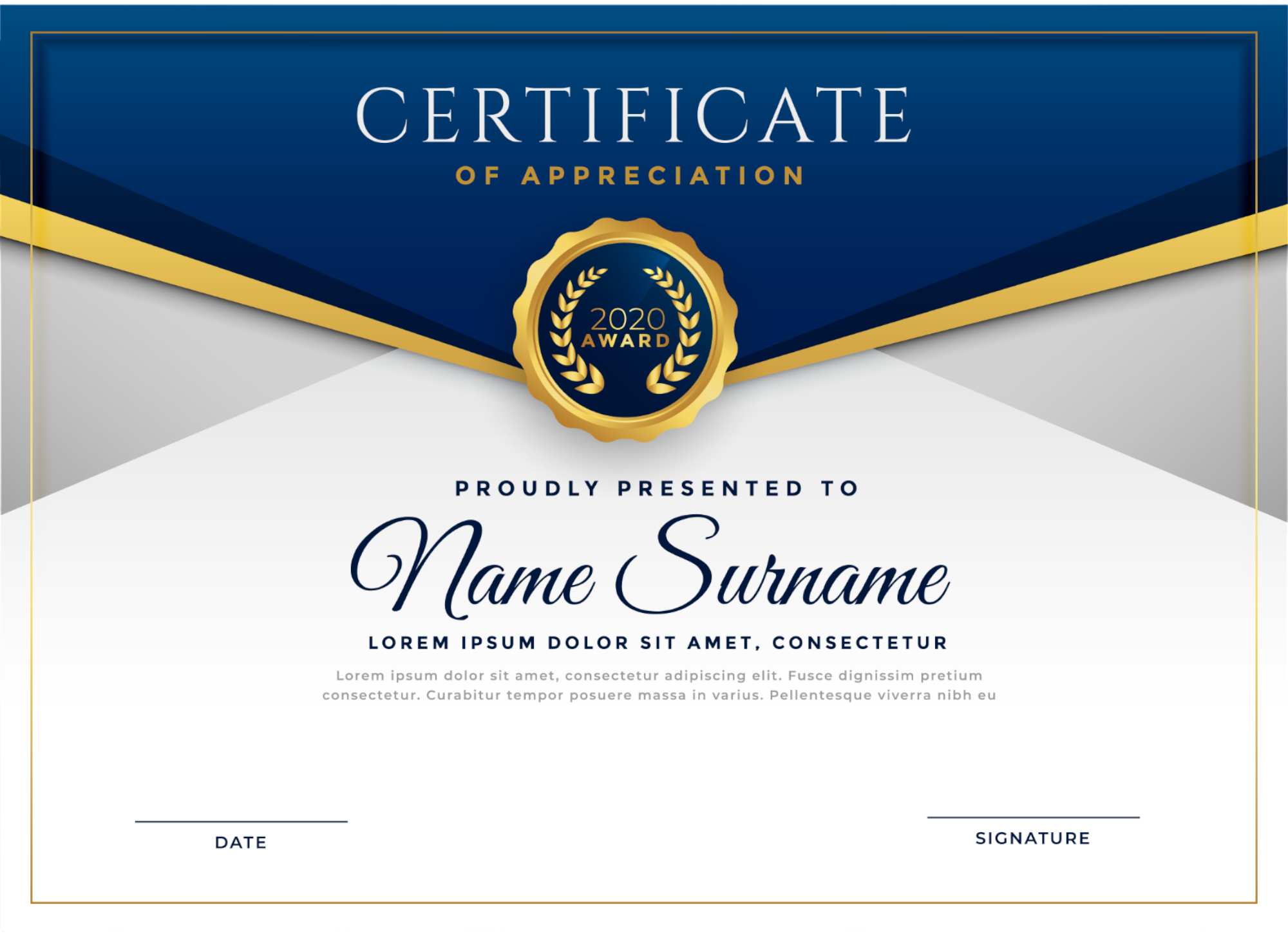
Why Choose DevOps from DevOps Institute Thane

Top-Ranked DevOps Training

Expert Faculty

Cutting-Edge Curriculum

Global Recognition

Participant Profile
Experience

From Top Organizations
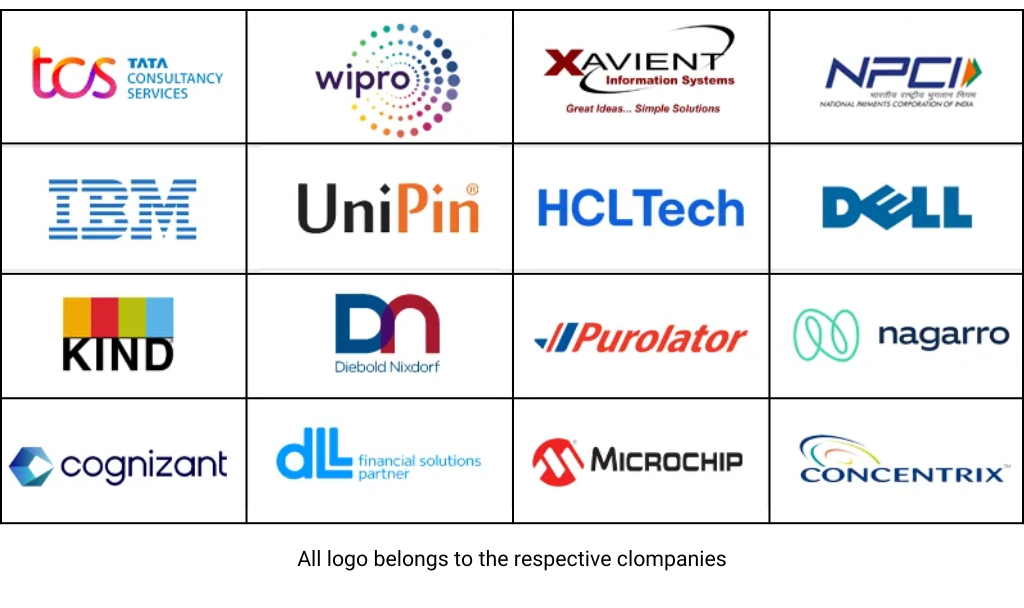
About DevOps

18
Years of
Excellence
99%
Course Completion
Rate
90
Net Promoter
Score
22+
Awards &
Accolades
DevOps Institute Thane is a premier EdTech company specializing in comprehensive DevOps training programs for both early career and experienced professionals. Our courses are designed in collaboration with industry leaders to meet the ever-evolving demands of the tech world. Through our state-of-the-art learning platform, we offer a blend of onsite and online learning experiences, ensuring flexibility and convenience for our students. Our mission is to create a skilled workforce equipped with cutting-edge DevOps knowledge and practices, ready to excel in the modern industry landscape.
Find Out Why Participants Want to Join This Program

"The program not only taught me technical skills but also provided numerous opportunities to network with industry professionals and peers, which has been beneficial for my career growth."
Vikram P.

"From the basics to advanced concepts, every topic was covered in detail. The practical approach to learning helped me understand and apply concepts effectively in real-world scenarios."
Priya D.

"The faculty and support staff were incredibly supportive throughout the course. The collaborative spaces and modern facilities made learning enjoyable and effective."
Rahul M.

"The curriculum is perfectly aligned with what the industry needs. I felt prepared and confident during job interviews and landed my dream job within months of graduation."
Neha S.

The DevOps program at DevOps Institute Thane has completely transformed my career. The hands-on projects and industry insights were invaluable."
Amit K.
FAQs
We have multiple instructors that are highly qualified in areas such as Microsoft, DevOps, AWS, and Google. They have expertise in new technologies like Kubernetes, Multi-Cloud, and DevOps. All are subject matter experts and are trained to provide online training, ensuring participants receive a great learning experience.
Basic knowledge of cloud computing and some experience with AWS services is recommended.
Yes, absolutely. Let me explain how. I always suggest my students to perform practical hands-on labs in order to gain practical knowledge to implement in real world problems. These hands-on labs are included in the training for real world implementations. Include these real-world experiences in your resume after completing these practical labs if you want to get a higher-paying job. These real-world interactions will count as experience. You’ll also get help in CV & interview preparation along with 1-year on job support with the help of FREE Bonus “CV Review: Tips & Tricks and Interview Preparation + 1 Year on-job support”.
This course is designed for individuals who have some foundational knowledge of AWS. It is ideal for those looking to specialize in the DevOps aspects of AWS.
You will be prepared to pursue relevant AWS certifications, enhancing your career potential as an AWS DevOps professional.





